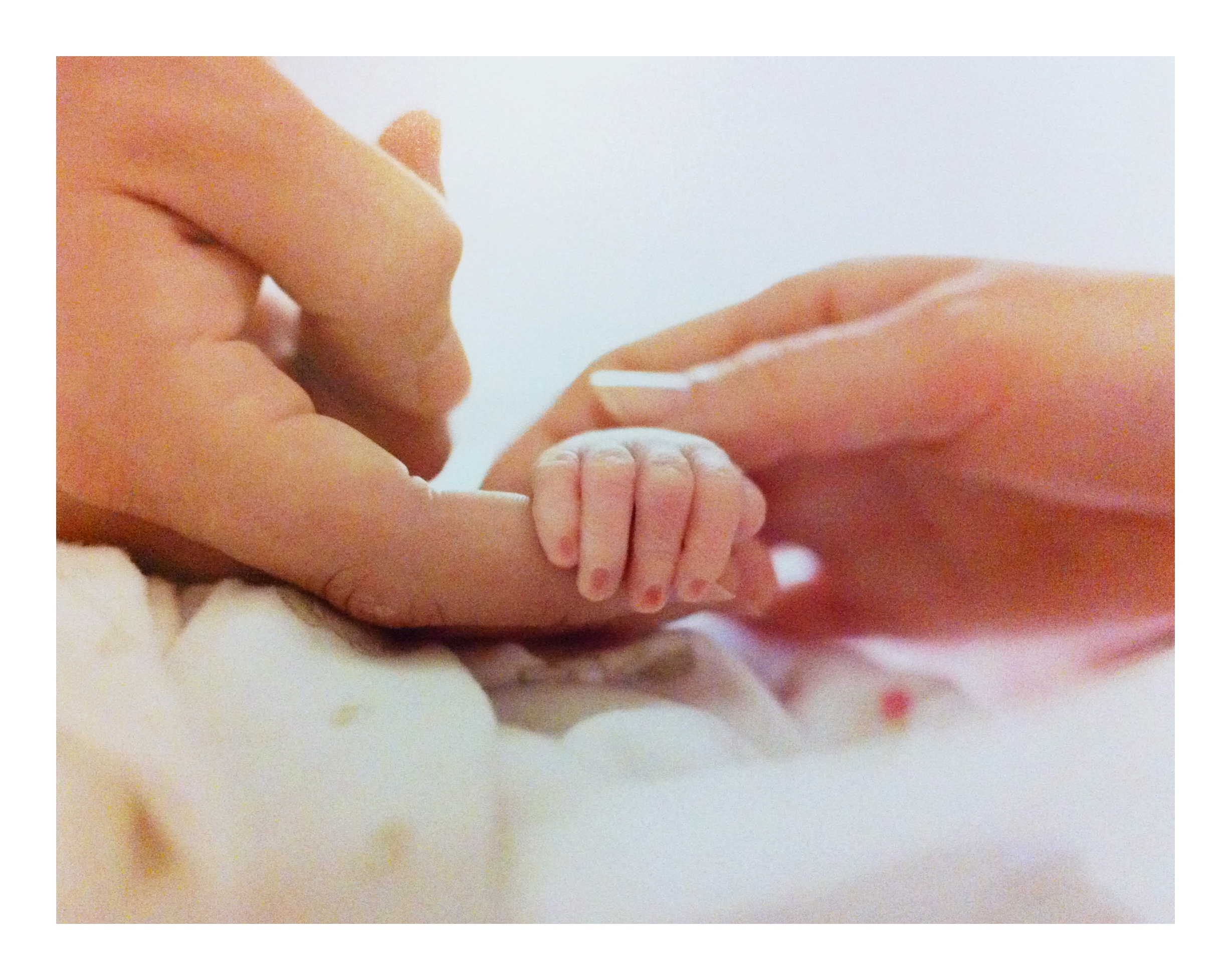I’ve had four babies, one of those was stillborn. When she died, we had two young daughters waiting at home anticipating the safe arrival of their sister. Well, that’s not what happened. We grieved as a family and as individuals. I grieved as a mother, we grieved as a couple and we grieved as a family.
Our daughters were 4 and 7 years old when their sister died. They knew they had lost something, they knew it was sad to lose her but didn’t have the maturity to grasp the entirety of the situation. So we did what we felt was explained her death in a way they could understand and what we felt was age appropriate and held true to our family’s values.
As they continue to grieve, they continue to ask questions. In our family we welcome questions, no topic is off limits – so when they have questions they cannot answer about her death, they ask. As the years have passed I can see this has a lot to do with their maturing thought processes as they go through different stages of childhood, the questions and thoughts they can process are different at this stage of rapid mental growth in early childhood.
As each stage of their childhood goes by, the questions they are able to form in their mind and verbalise are different, and the way they are able to find more meaning and build a connection to her is by asking those questions that before they couldn’t understand.
The questions have gone from basic overviews, “What is being dead?”
…to basic details, “Was she alive at the hospital?”
…to reflections on self, “Would you be sad if I had died too?”
…to existential question “Is she with George? (great grandfather who passed away 6 months prior) “Does she get older or is she still a baby?”
…to the flat-out heartbreaking “Do you wish she was still here?” and “What you do if I had died too?”
All of these questions are to help their growing brains make some sense of a situation they have no comprehension of. Yet as they grow and mature, they are able to comprehend more to the experience and its impact of the family and begin to match up new information with old knowledge.
Children usually don’t ask question to be rude, and we must remember that when they are asking about their siblings it is not an attempt to make you upset or angry. It’s an attempt for a child to seek understanding, the understanding they get from you, and they will likely model their grief behaviours on your reactions.
We cried, oh boy did we cry! We cried in front of our daughters, but not desperate cry – and to my fellow bereaved mothers; I know you know what I’m talking about when I describe the desperate soul cry – we made that choice to keep that level of mourning away from the girls. Partly because of their age and partly because of their already developed personalities.
But we cry looking at her photos, even to this day the girls will want to look at her baby book, see her footprints, cuddle in her blanket, sometimes we look and we don’t cry, we just look and talk about whatever they want to talk about and that’s also fine. (My younger daughter still wants her doll back, and doesn’t let me forget it). Another effort we made was to put their grief before our own, if they were upset, I would comfort them. I received my comfort by knowing they were safely able to express their emotions with me. It was my role to be their mother, the safe space for them to grieve.
My children did not want to attend her funeral at the time, I knew they wouldn’t, but I asked them anyway. I knew their choice was not because they didn’t love her, but because it was beyond their comprehension at the time to relate a funeral to their sister. We made it okay for them to say yes or no. A small choice, but the choice was theirs to make and for us to respect.
There is no right or wrong way for a family to deal with the trauma of stillbirth and infant loss, we did the best we knew how to at the time. Only time will tell how that experience affected our living children. We chose the path of honesty, openness and love and I believed then and still believe now that it will stay as a positive message to our children. A foundation as we processed the shock and grief in our own way, but with the unrestricted support of each other.
Here are some links for Further Information on grief responses in children: (we do not endorse any of these links but provide them for your own research, some are not stillbirth or infant death specific, but give a good overview of some common grief reactions by age group)
http://www.nctsnet.org/nctsn_assets/pdfs/Sibling_Loss_Final.pdf
https://www.kidshealth.org.nz/bereavement-reactions-age-group
https://psychcentral.com/lib/children-and-grief/


